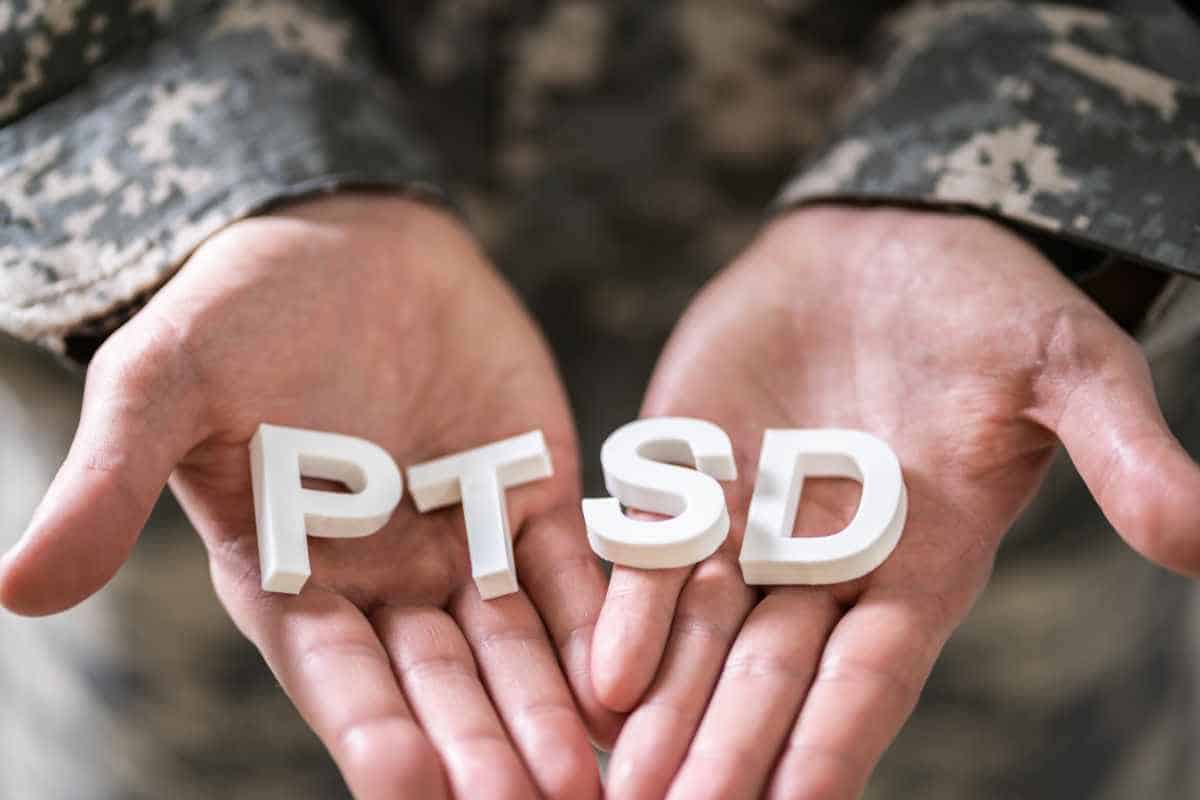Dialectical Behavioral Therapy (DBT) is founded on the concept that two conflicting thoughts can exist in the brain simultaneously without causing a disruption. One of the most critical skills taught in DBT is known as “radical acceptance.” Radical acceptance is the notion that you must radically accept the circumstances of your life, regardless of what they are. While this may sound like a simple idea to grasp, in practice, it can be one of the most challenging concepts a person can learn and incorporate into their daily mindset or ideology.
Acceptance vs. Radical Acceptance
Acceptance, in plain terms, is fundamentally different from radical acceptance because it is fleeting in the definition. Radical acceptance is its own term in that it completely redefines what it means to be aware of your own limitations when it comes to accepting the complications that come with everyday life. There will always be struggles within the mind to comprehend and accept what stresses us out and perhaps forces us to think beyond the realm of comfortable emotions.
How Dialectical Behavior Therapy Aids in Radical Acceptance
In DBT, the fundamental notion of the dialectic demands that there will often be situations where the brain can be troubled by having to process two conflicting ideas simultaneously. Radical acceptance is a component of this idea and aids individuals in managing and processing the two concepts. For example, thinking about the fact that you are both hypothetically on academic probation and just aced your math test can be challenging, but radically accepting both things as truth can help you better absorb the fact.
A Deeper Look at Radical Acceptance
Radical acceptance is to be understood beyond its basic definition: the term is meant to encapsulate the notion that most people are not skilled at understanding and accepting the circumstances of their lives. This could be in any given context but is particularly relevant when considering difficult and stressful situations that are hard to process, not only in daily life but also on a larger scale. Radical acceptance is a beneficial skill that comes into play when one is suffering on a higher level than usual due to difficult life circumstances.
One might think that the idea of radical acceptance is counterintuitive because it forces the individual to come to terms with the reality of their situation, regardless of the magnitude of it. This acceptance might simply be too much for an individual to handle when considering their background and personal experiences. But counterintuitively, when you radically accept that it is unlikely or even impossible that things will not work out for you in a specific situation, it is easier for you to move on and recover faster than you usually would have.
Acceptance Is the Key
Radical acceptance is most powerfully enacted when an individual thinks outside the realm of willpower and inner strength. Instead of considering yourself a victim or martyr who must push ahead using an inner will, radical acceptance begs the question of whether exerting this level of energy is even necessary because, with radical acceptance in play, there is only one need: the need to accept, accept, accept that life will not always give you what you want, and that’s fine. It doesn’t take as much energy to think this way. It would take more to grieve over the loss of an opportunity because life is so fickle and undeterminable. Radical acceptance is an excellent solution for better coping with the unpredictable nature of life.
Radical acceptance sounds easy until you are confronted with a scenario that feels impossible to accept, such as a personal crisis, the death of someone close to you, an addiction, or a similarly tricky situation. When confronted with hard times, the easiest thing to do sometimes is to deflect your feelings and reject your reality, which can sometimes lead to indulgence in self-sabotaging behaviors, making the symptoms of your disorder worse. Radical acceptance demands a level of maturity and discipline that is difficult to apply to everyday life. Still, when learned as a skill instead of a demand, which could alternatively be framed as in situations of receiving “tough love,” it is easier to incorporate into your life, almost as a vocabulary term.
Overcoming Resistance
When learning DBT, or any form of alternative therapy, you may experience resistance to conceptualizing specific topics resulting from their clashing with your previously held beliefs. With this in mind, it may be the most difficult for an individual learning DBT to accept radical acceptance as a continual newly learned benefit to their life. However, logically there are absolutely no downsides to incorporating DBT into your lifestyle because using it as a mindset ensures less disappointment and a greater level of general happiness.
Dialectical Behavioral Therapy, or DBT, is one of the most constructive forms of contemporary therapy practiced and taught today. Radical acceptance, a core concept of DBT, encourages individuals to radically accept all circumstances of their life, including those that may be deeply troubling and difficult to acknowledge as a part of one’s reality. In practicing radical acceptance, a person can finally learn to come to terms with not only their general anxiety but the daunting facts of the unknown future. Radical acceptance as a concept presents an alternative to grief over lost opportunities and encourages one to assess their situation objectively and honestly. At Sober Life, we use the skills of DBT to help our clients apply radical acceptance to their lives. We are committed to providing intensive, individualized care that enables you to get and stay sober. Our services offer necessary continued support to patients to make sure they fully recover. For more information on our program, call Sober Life today at (619) 542-9542.









